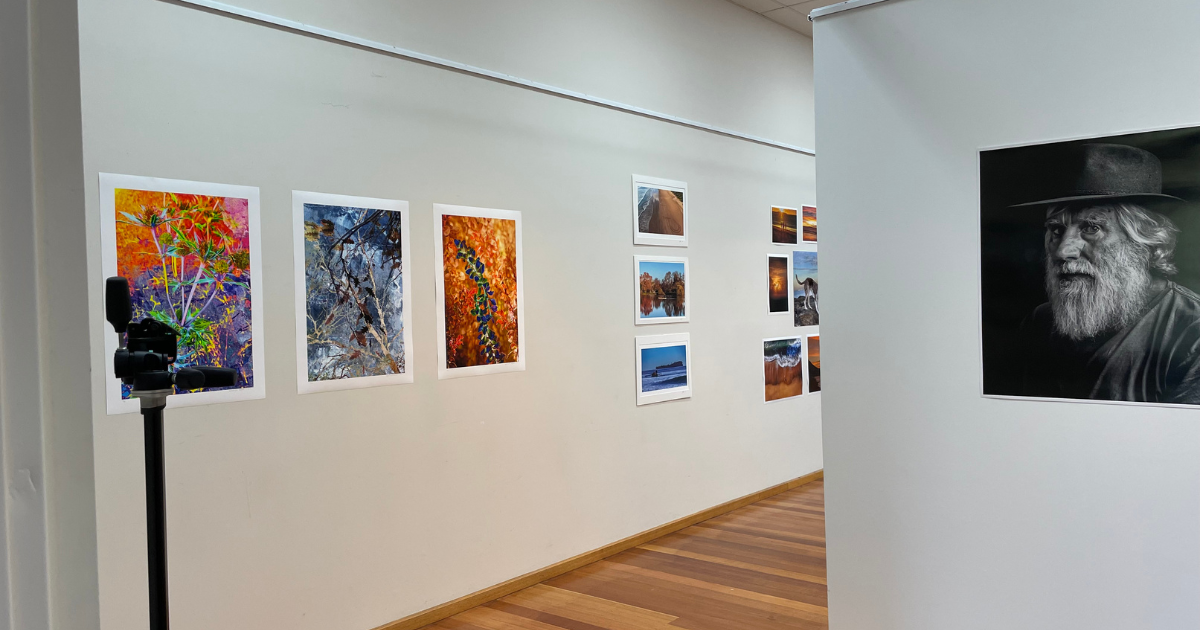Pivot Summit ponders technology versus humanity

Dr Julia Fossi, Rosie Thomas, Goergie Harman and Professor Michael Berk in conversation with Michelle Blanchard.
THIS year’s Pivot Summit took a closer look at the collision between technology and humanity and its consequences.
Held for the first time in a two-day format, the annual business, entrepreneurship and tech conference featured a broad range of speakers, who shared their views at Deakin University’s Costa Hall on Friday and Saturday.
One of the highlights was Friday’s humanity panel, which explored the impacts of technology on our mental health and personal safety.
Chaired by SANE Australia’s Michelle Blanchard, it featured beyondblue chief executive officer Georgie Harman, Professor Michael Berk from Deakin University, Project Rockit co-founder and chief executive offer Rosie Thomas and Dr Julia Fossi from the Australian eSafety Commissioner’s office.
Ms Thomas said apathy was one of the biggest challenges for online users.
“If we take the issues of hate or prejudice, we know that apathy is a breeding ground for that sort of thing. We also know that when we’re online, and we have the ability to be anonymous, that’s often when we can see apathy playing out.
“Part of what we want to do is address that by bringing the offline world, if you like, in more contact with the online world.
“When it comes to building empathy in people, it’s not just in young people. I think we hear a lot of criticism of young people in how they’re using technology to spread hurt and humiliation, but it’s not limited to young people, it’s actually part ofhuman nature.”
Ms Harman agreed.
“I’m a great believer in humanity and I think we’ve got to stop seeing technology as evil – because it’s here, it’s not going to go away, it’s increasingly what we use in our daily lives,” she said.
“We’ve got to respond to it, we’ve got to see it as something we can take control of, whether that’s through policy, funding investments or our own individual behaviour.”
Professor Berk said de-anonymising the internet “would be a very useful step” on a structural level.

















